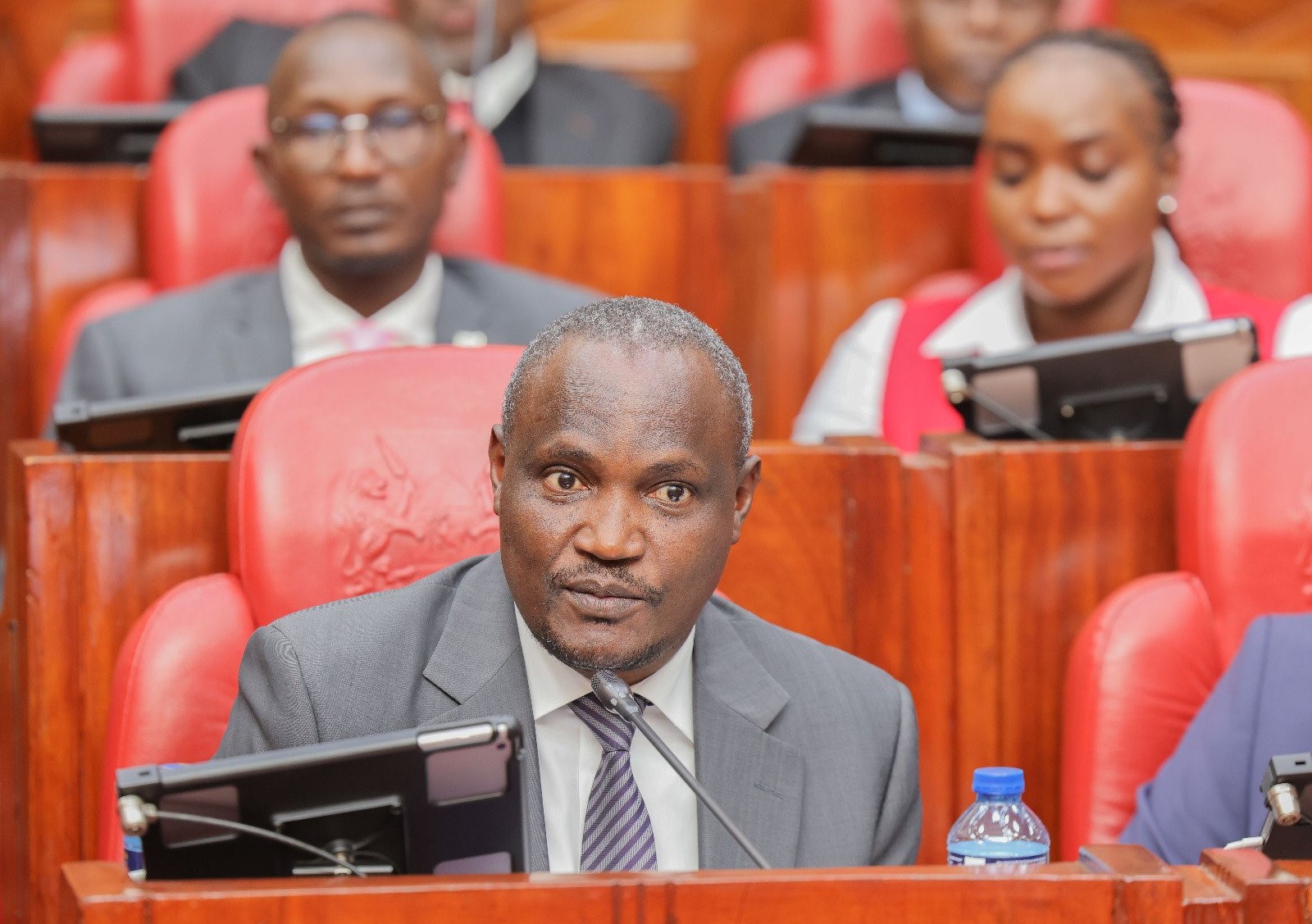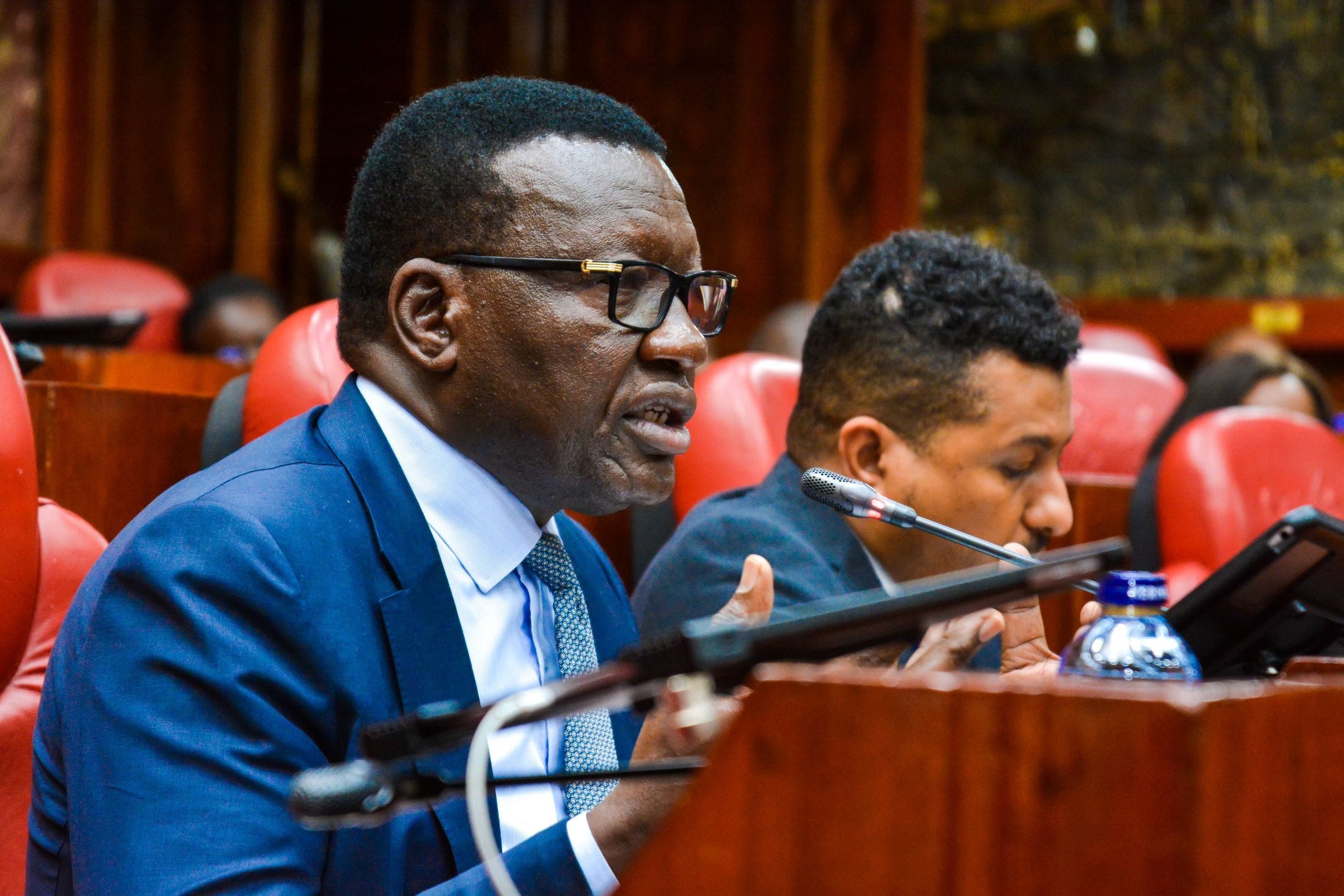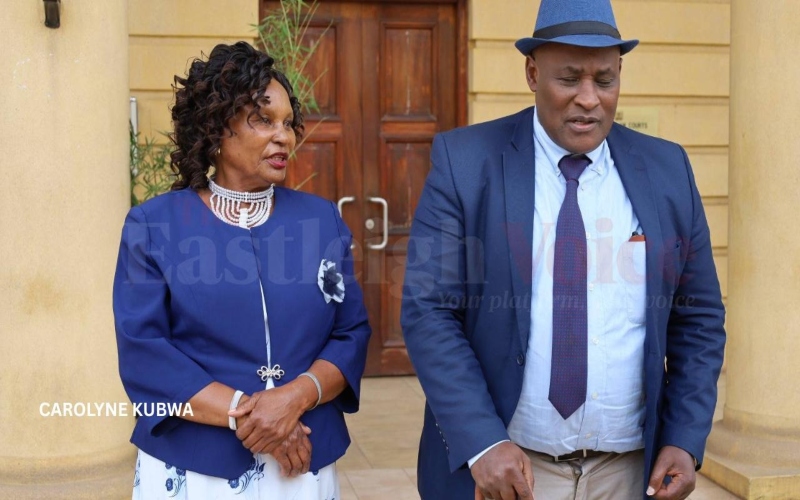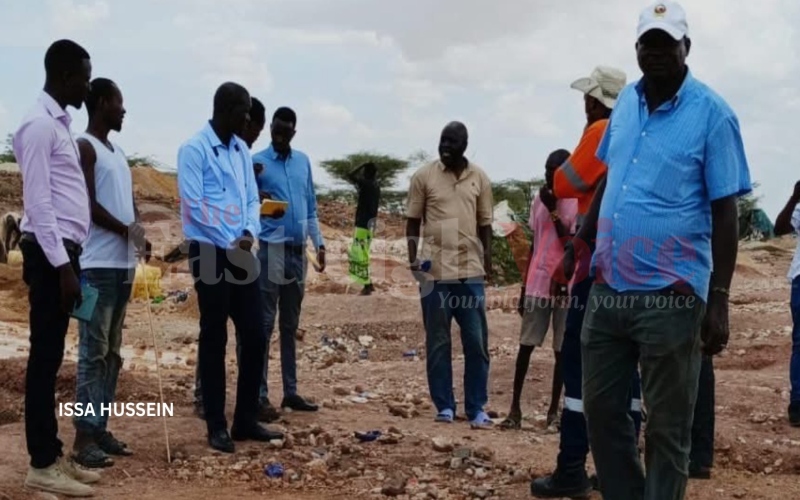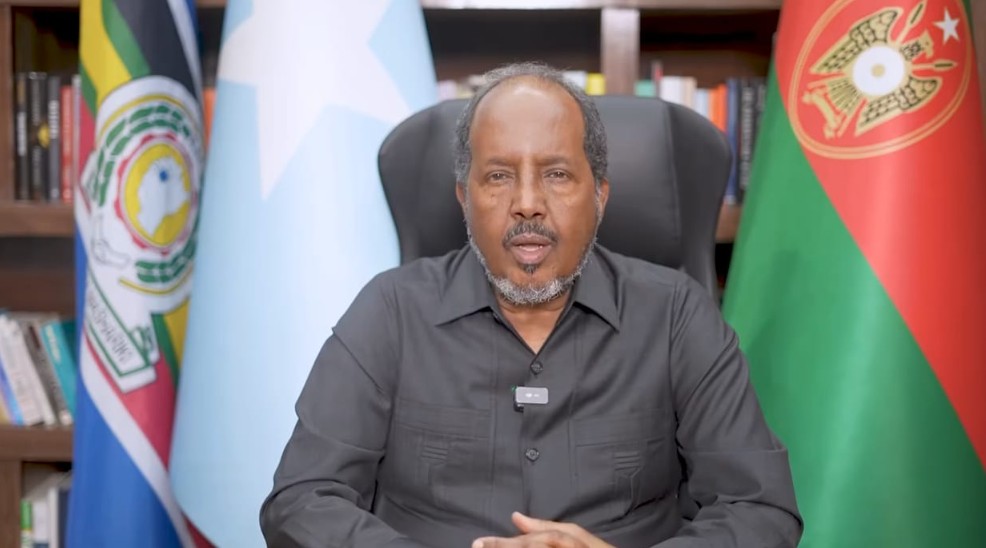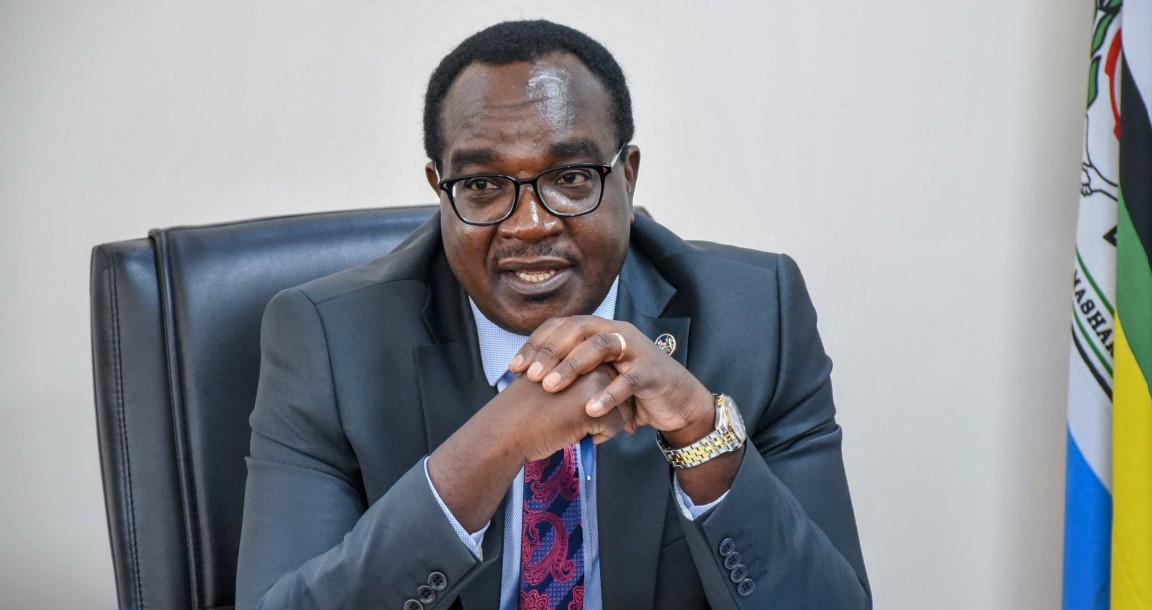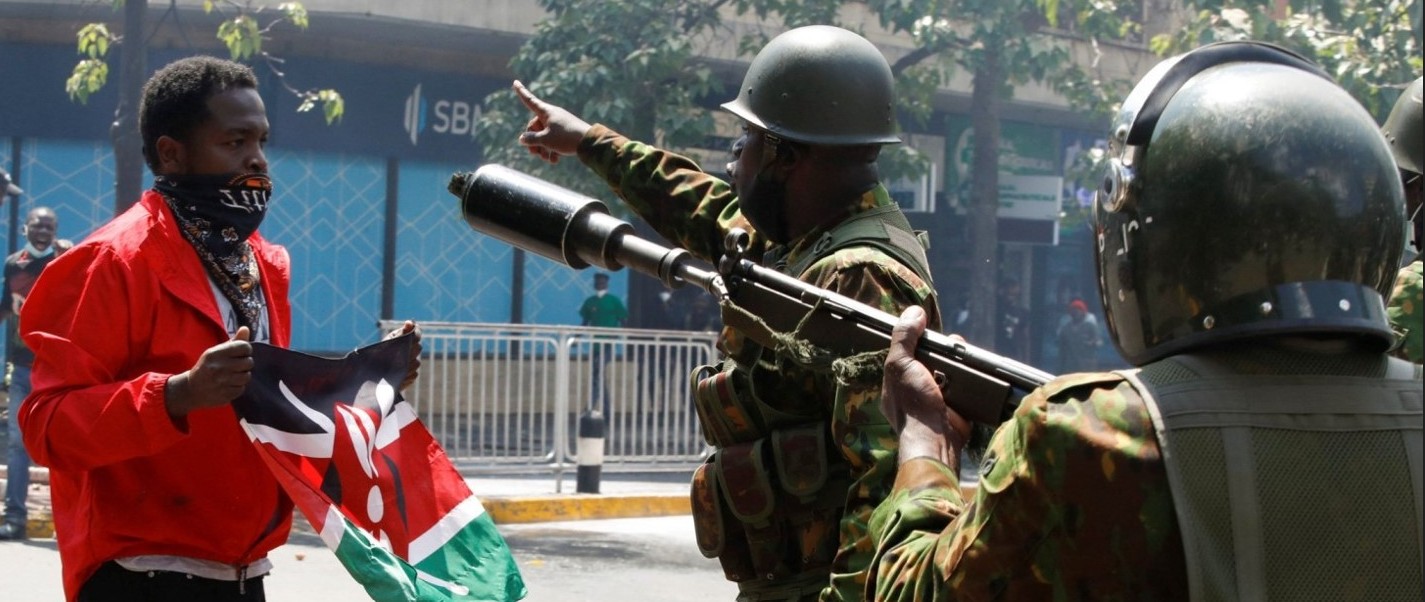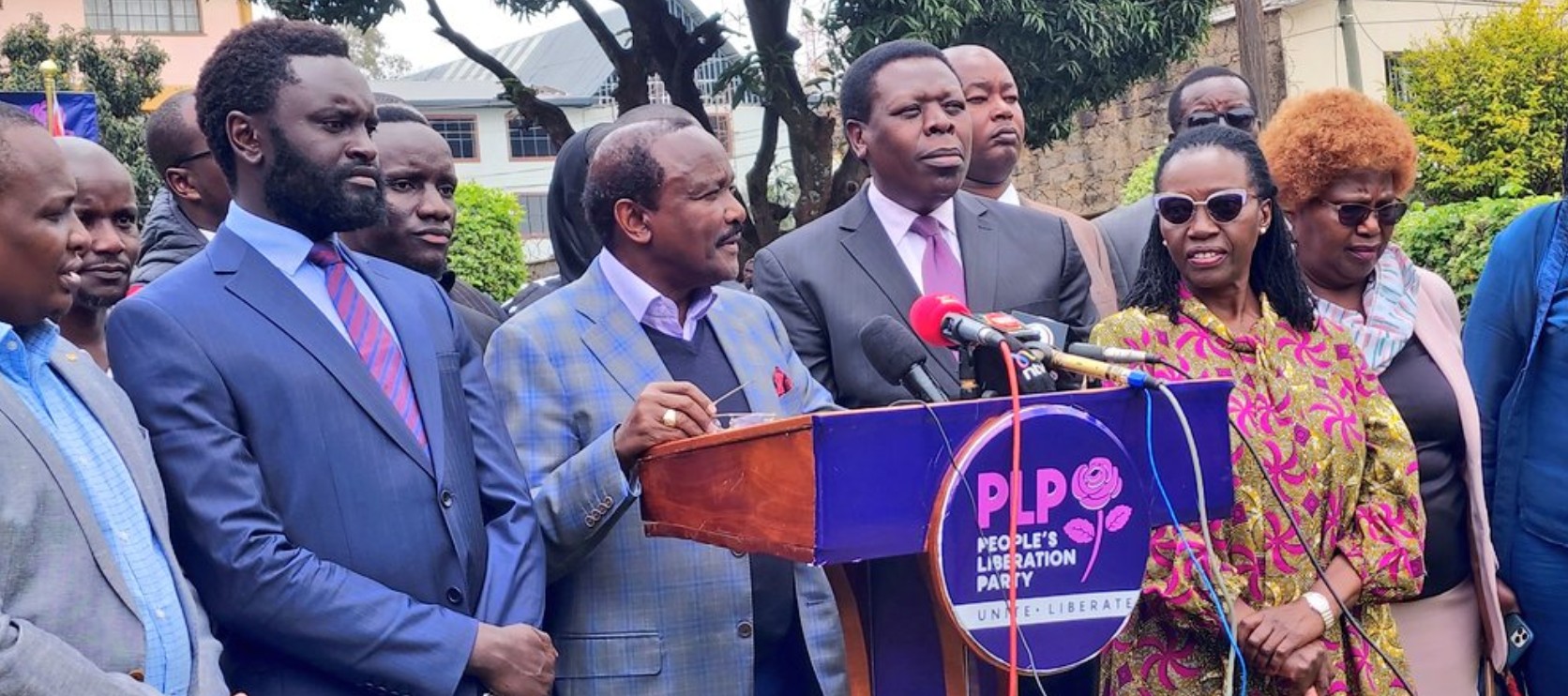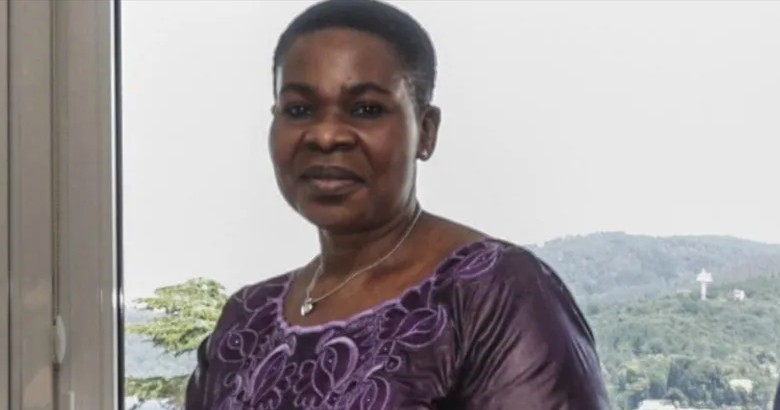KNCHR's Haki na Ushirikiano project advances refugee rights and integration in Dadaab

Launched in September last year, the three-year project addresses several key issues, including equipping duty-bearers to address refugee concerns and handle mental health issues.
The Kenya National Commission on Human Rights (KNCHR) is actively tracking the progress of their Haki na Ushirikiano project, an initiative designed to advocate for an environment where refugees and their host communities are aware of their rights and can seek redress when they are violated.
During a recent visit to the Dadaab Refugee Camp, a team from KNCHR assessed the project's successes and challenges and engaged with and educated duty-bearers on refugee law and protection to enhance service delivery.
The delegation, led by Ibrahim Abdi Kassim, head of the newly established regional human rights office in Garissa, which covers the counties of Wajir, Marsabit, Garissa, Mandera, and Isiolo, emphasised the importance of the project.
More To Read
- One dead, two officers injured as protests rock Kakuma refugee camp
- Police probe shooting of trader found dead in stalled car in Dadaab
- 700,000 refugees in Kenya face severe hunger crisis after aid cuts
- Garissa court jails two men for 30 years over 2019 Dadaab terror attack that killed officers
- UN: Don't allow Israel-Iran conflict to spark new refugee crisis
- World Refugee Day: Urgent calls made for rights and health of displaced populations
Supported by the UNHCR, the Refugee Consortium of Kenya, and the Netherlands embassy in Nairobi, the Haki na Ushirikiano project promotes an integrated settlement approach.
This approach aims to provide refugees and host communities with essential services such as education, healthcare, clean water, energy, and security.
Launched in September last year, the three-year project addresses several key issues, including equipping duty-bearers to address refugee concerns and handle mental health issues.
Kassim noted that the project arrived at a critical time, coinciding with shifts in the refugee framework.
"Refugee issues have in the past been viewed from a security lens, but things are changing," said Kassim, who met with duty bearers and refugees at Hanshi Palace, a hotel in Dadaab.
"The country is moving towards integrating refugees into the general population because some have stayed for even forty years, and it is only fair to integrate them. With the coming of the law and advocacy, we expect refugees to gain rights and freedoms."
Kassim refuted claims of a separate law for refugees and Kenyans, highlighting the commission's efforts to decentralise services through the establishment of the Garissa regional office in October 2023.
This office has been instrumental in reaching out to Dadaab, home to around 300,000 refugees living in camps such as Ifo 1, Ifo 2, Hagadera, and Dagahare.
 Somali refugees are seen through a discarded mosquito net as they gather in the new arrivals area of the Hagadera refugee camp in Dadaab in January 2023. (Photo: File/Thomas Mukoya/Reuters)
Somali refugees are seen through a discarded mosquito net as they gather in the new arrivals area of the Hagadera refugee camp in Dadaab in January 2023. (Photo: File/Thomas Mukoya/Reuters)
Dadaab Refugee Camp is the second-largest refugee settlement in the world and the largest in Africa.
He noted that the commission has been conducting outreach initiatives to engage refugees, receiving both encouraging feedback and complaints.
While the majority of refugees originate from Somalia, there are also minorities from the DRC, Ethiopia, and South Sudan.
Kenya's Refugee Act 2021 envisions transforming refugee camps into integrated settlements, creating opportunities for refugees to integrate into the host community.
For 30 years, Kenya has hosted more than 750,000 refugees from Somalia, South Sudan, the DRC, and Burundi.
Although most reside in the Kakuma and Dadaab refugee camps, over 100,000 refugees live in urban areas, relying heavily on aid and facing obstacles in seeking alternative livelihoods.
During the meetings, a key issue raised was Kenya's encampment policy, which restricts refugees' participation in the economy due to limited freedom of movement, lengthy processes for obtaining refugee IDs, and opaque access to work permits.
Despite the government's recognition of the protracted refugee situation and the limitations of the policy, notable progress has been seen with increased refugee contributions to the local economy.
However, much remains to be done, according to some refugees. Experts argue that Kenya's passage of the Refugee Act 2021 could be a game-changer if fully implemented.
The act will offer refugees freedom of movement, the right to work, and access to financial services, among other rights. The new act recognises the right to work under Article 28(5) and explicitly notes the "special circumstances of refugees."
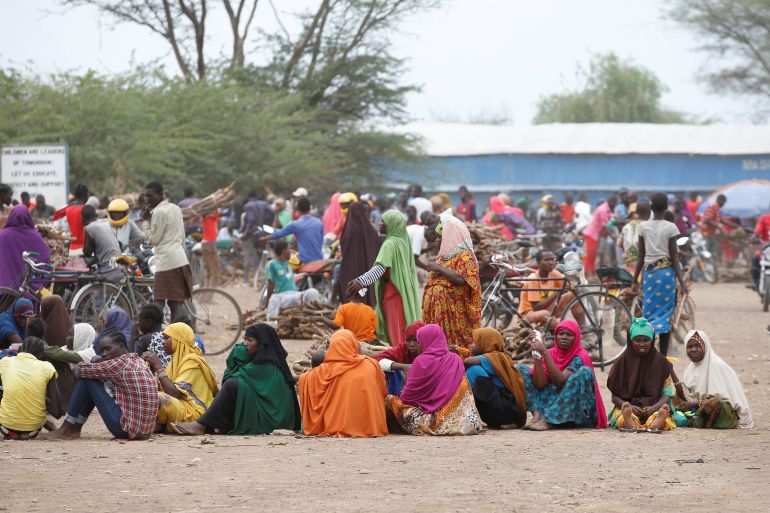 Women wait in line to receive aid at the Kakuma refugee camp in northern Kenya. (Photo: Baz Ratner/Reuters)
Women wait in line to receive aid at the Kakuma refugee camp in northern Kenya. (Photo: Baz Ratner/Reuters)
Top Stories Today
- Mbadi: E-procurement rollout will proceed despite High Court suspension
- Activists seek ban on toxic pesticides linked to cancer, environmental harm
- "This is why I’m resigning": Githurai MCA cites broken promises, delayed projects
- Nairobi splashes Sh863 million on travel as development funds stall
- Police arrest suspected bandit, recover AK-47 in Garissa shootout
- Kenya to implement instant fines for traffic violations to curb road deaths


